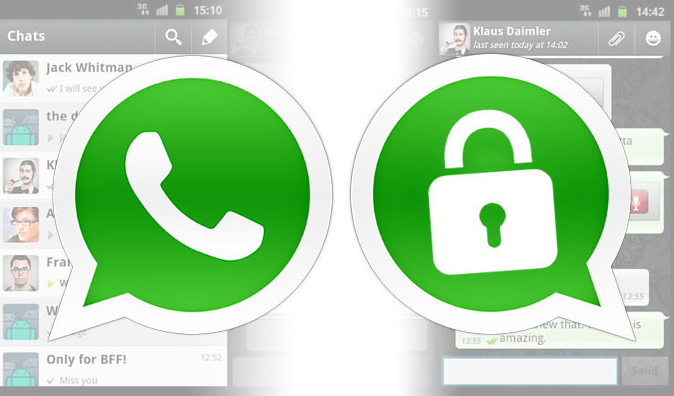
Only sender and receiver will be able to access messages, photos, videos and voice calls besides text messages.
The popular messaging application WhatsApp has reinforced the default encryption settings for users so that all messages will now be accessible only to the sender and recipient.
The messaging service owned by Facebook, the social-media company, began applying “end-to-end” encryption to standard messages sent on Android smartphones in 2014.
The company says it is now using a powerful form of encryption to protect the security of photos, videos, group chats and voice calls in addition to the text messages sent by more than a billion users around the globe.
[irp posts=”3156″ name=”You Use Viber or WhatsApp in Ethiopia? Ethio Telecom to Start Charging”]
After gradually expanding to other formats, WhatsApp confirmed on Tuesday that the encryption now works with all forms of communication on its app for Android phones, Apple’s iPhones and other devices.
Encryption has become a hotly debated subject, with some US authorities warning that criminals and armed groups can use it to hide their tracks.
“WhatsApp has always prioritised making your data and communication as secure as possible,” a blog post by WhatsApp co-founders Jan Koum and Brian Acton said, announcing the change.
[irp]
“And today, we’re proud to announce that we’ve completed a technological development that makes WhatsApp a leader in protecting your private communication: full end-to-end encryption.”
This means that “when you send a message, the only person who can read it is the person or group chat that you send that message to,” the statement said.
“No one can see inside that message. Not cybercriminals. Not hackers. Not oppressive regimes. Not even us.”
However, while many advocates for more privacy welcomed the move, some still maintained that the meta-data – which records who is speaking to whom, as well as the date and time of the messages – can still be accessed.
Koum, who grew up in the Soviet Union, says he believes consumers should have easy-to-use encryption as protection against hackers and identity thieves, as well as “rogue” governments that spy on their own citizens.Aleppo became a divided city in 2012 after a rebel onslaught was met with resistance by the army.
WhatsApp’s use of encryption has already caused friction in Brazil, where authorities recently arrested and then released a Facebook Inc executive after the company said it was unable to unscramble a user’s encrypted messages.
“There is a lot of controversy surrounding this, but a lot of people want encryption for legitimate reasons – such as making business deals, [and] for personal health information,” Larry Magid, a cyber security analyst and the co-director of ConnectSafely.org, a non-profit which promotes secure digital communication, told Al Jazeera.
Google, Facebook and Yahoo use less extensive encryption to protect emails and messages while they are in transit, to prevent outsiders from eavesdropping.
Apple uses end-to-end encryption for its iMessage service, but some experts say WhatsApp’s method may be more secure because it provides a security code that senders and recipients can use to verify a message came from someone they know – and not from a hacker posing as a friend.
WhatsApp is reportedly involved in a court battle similar to the one involving Apple, which fought a federal effort to provide assistance in unlocking an iPhone used by one of the shooters in last year’s San Bernardino killing spree.
Source: Al Jazeera and agencies